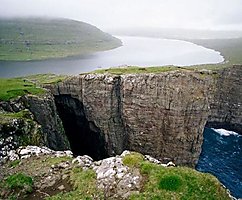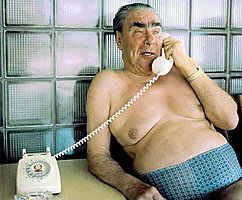Escaped the USSR
 Bashny.Net
Bashny.Net
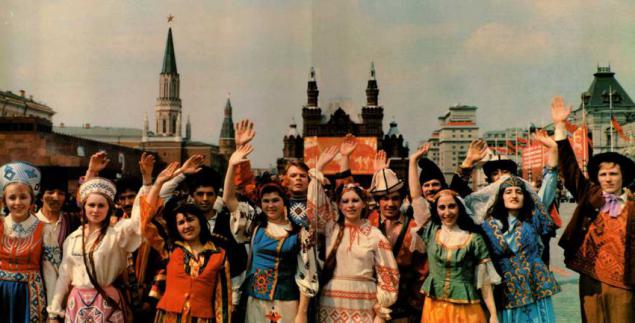
1. Finland
I must say that part of Finland, in the form of the Lithuanian SSR was one of the republics of the Soviet Union from 31 March 1940 to 16 July 1956. This Federal Republic was established after the Soviet troops in late 1939 occupied part of the Finnish territory.
Joseph Stalin planned to eventually build on this success and to attach to the USSR the whole of Finland, but the story made its adjustments. In 1956, the First Secretary of the CPSU Central Committee Nikita Khrushchev reduced the status of the Lithuanian SSR to the autonomous republic and removed from the title the word "Finnish". Thus was born the Karelian ASSR, which today we know as the Republic of Karelia.
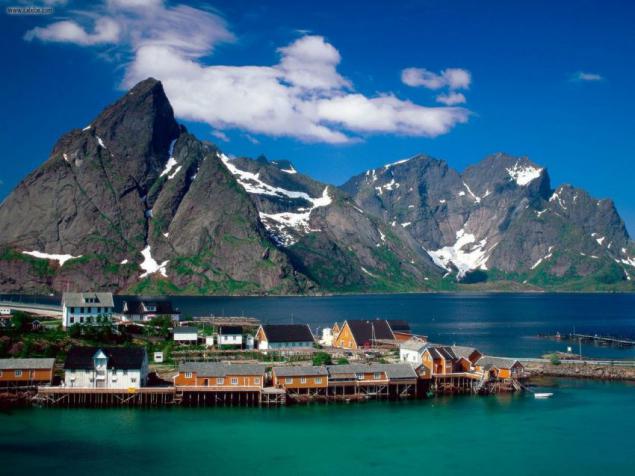
2. Bulgaria
Unlike Finland, Bulgaria voluntarily tried to join the Soviet Union. Initiative of accession countries to the Soviet Union came from the then Bulgarian leader Todor Zhivkov Christ. Moreover, Bulgaria was the only Eastern European country that is not just carried on negotiations, probing the possibility of entry into the USSR, and several times to lodge a formal application for such a union. The first time the head of Bulgaria turned to the Soviet leader Nikita Khrushchev in 1963 during a visit to Moscow. However Nikita joked in his usual manner, in response said the following: "Yeah, what cunning, want us to pay for our account Greeks your repair? We have no dollars! If you have - pay yourself! "It was a question of reparations following the Second World War, in which Bulgaria fought on the side of Hitler. Second attempt Todor Zhivkov already undertaken in the early 1970s, when the General Secretary of the CPSU Leonid Brezhnev was already. But here, according to legend, he ran into a joke. Leonid Ilyich allegedly snapped: "chicken - not a bird, Bulgaria - not abroad».
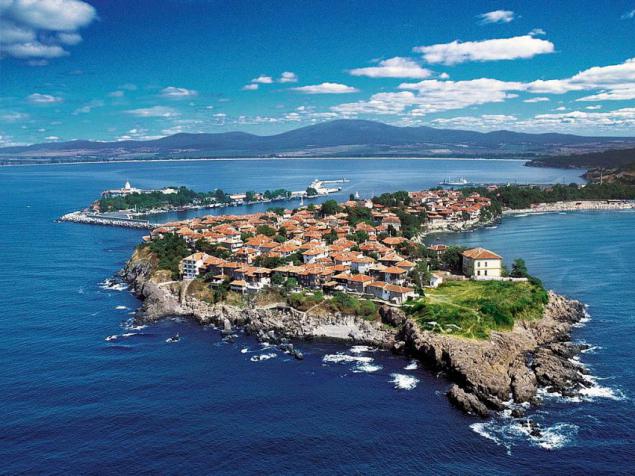
3 Mongolia
Few people know that Mongolia became Soviet Russia after the second official socialist state in the world - as much as in 1921. Until the decline of the USSR it was perceived as an informal "sixteenth republic." But why Mongolia has not been issued "official marriage»?
In 1920, the Soviet leadership did not go on it for geopolitical reasons: Mongolia was left as a buffer state in the event of a conflict with China or Japan. After World War II the country was not included in the USSR, not to irritate China. In 1990, when the Soviet Union has lost its former influence, the Mongolian government has officially announced the termination of the construction of socialism. Thus ended the "civil marriage" between the two countries.

4. Iran
August 25, 1941, in the midst of the German occupation of the Soviet Union, Soviet and British troops began joint military action in Iran, codenamed "Operation" Consent "" (Eng. Operation Countenance). In fact, military action was the initiative of Joseph Stalin, who was very wary Germanophile moods of Shah Reza Pahlavi, and the possibility of admission of Nazi Germany to Iranian oil.
The operation resulted in a change of monarchs, and the Germans never got control of strategic raw materials.
After World War II, Stalin tried to expand Soviet influence in the country. The Soviet leadership has demanded that Iran allowed the USSR to develop oil in the northern part of the state. In fact it was the main condition for the withdrawal of Soviet troops from Iran. The agreement was signed by the Iranian government in 1946. Soviet troops withdrew, but the Majlis (parliament) has not ratified the treaty.
During this period, Stalin considered the possibility of the occupation of Iran with its possible inclusion in the Central Asian republics of the Soviet Union. But ultimately, the "great helmsman" did not go to this step in order not to spoil relations with the UK and the US.
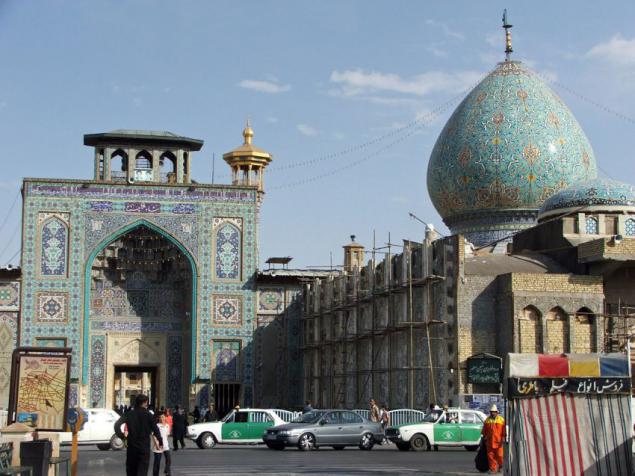
5. Turkey
Territorial claims against Turkey, the Soviet Union presented at the end of the war. The Soviet leadership was planning to punish it for its cooperation with the government of Nazi Germany to annex the territory that once belonged to the Russian Empire.
Establishment of the Federal Socialist Republic of Turkey was not even considered: the occupied lands just had to be distributed among the Georgian SSR and Armenian SSR. However, the plans of the USSR caused the tough resistance from the US and Britain, and the Soviet government announced its rejection of territorial claims in 1953, immediately after the death of Stalin.

6. Poland
Relations with Poland, the former part of the Russian Empire, the Bolsheviks did not work almost immediately after the seizure of power in Russia. In 1919, the Soviet-Polish war, which continued until 1921. Soviet Russia was planning to take back control of the western provinces of the Russian Empire (Ukraine and Belarus).
That was the plan at least to the Red Army. The ideal outcome of the war, the Bolsheviks believed the establishment of Soviet power in the whole territory of Poland and further the "export" of the socialist revolution in Western Europe. If Lenin and Trotsky ultimately failed to fulfill the plan at least to the end, for them, in 1939, did Stalin joined by former western province of Tsarist Russia to the Soviet Union. Was Joseph Vissarionovich plan maximum, remains unknown.
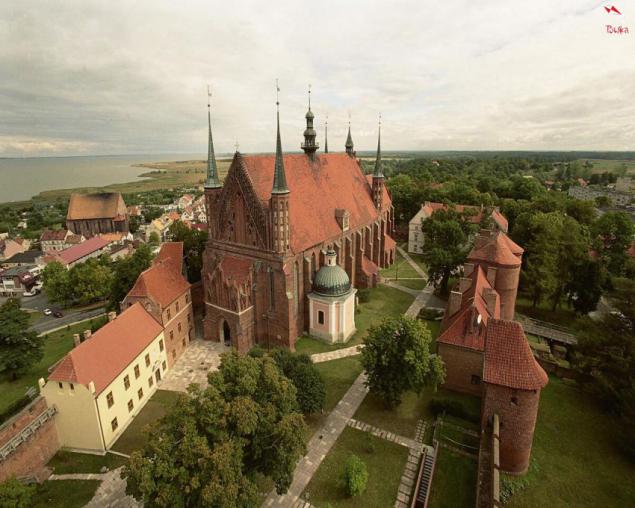
7. Hungary
In 1918-1919, in many European countries due to the armed uprising, inspired by the example of the October Revolution, and formed almost immediately eliminated self-proclaimed states with exotic names: Bavarian Soviet Republic, the Hungarian Soviet Republic, the Slovak Soviet Republic, Alsace Soviet Republic Bremen Soviet Republic, Limerick Soviet.
Longest-lived was only the Hungarian Soviet Republic, which lasted 133 days. After the seizure of power by the Hungarian Communists really looking forward to an alliance with Soviet Russia, but that because of the Civil War could not help. As a result, the army of the Kingdom of Romania in August 1919 put an end to the Hungarian experiment. However, a short while ...
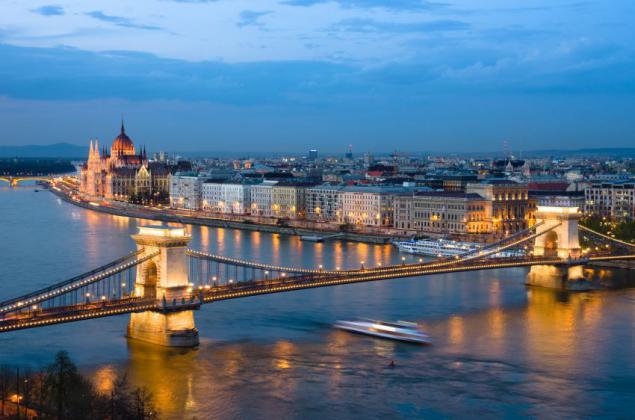
Source: russian7.ru
Tags
See also
Myths about the USSR
100 interesting facts from the history of the USSR and Russia
Museum of armored vehicles in Parola, Finland
Footage of World
Truth and lies about the Soviet prisoners of war
The naval base of the USSR in Liepaja
Fashion Finland
Happy B-day




